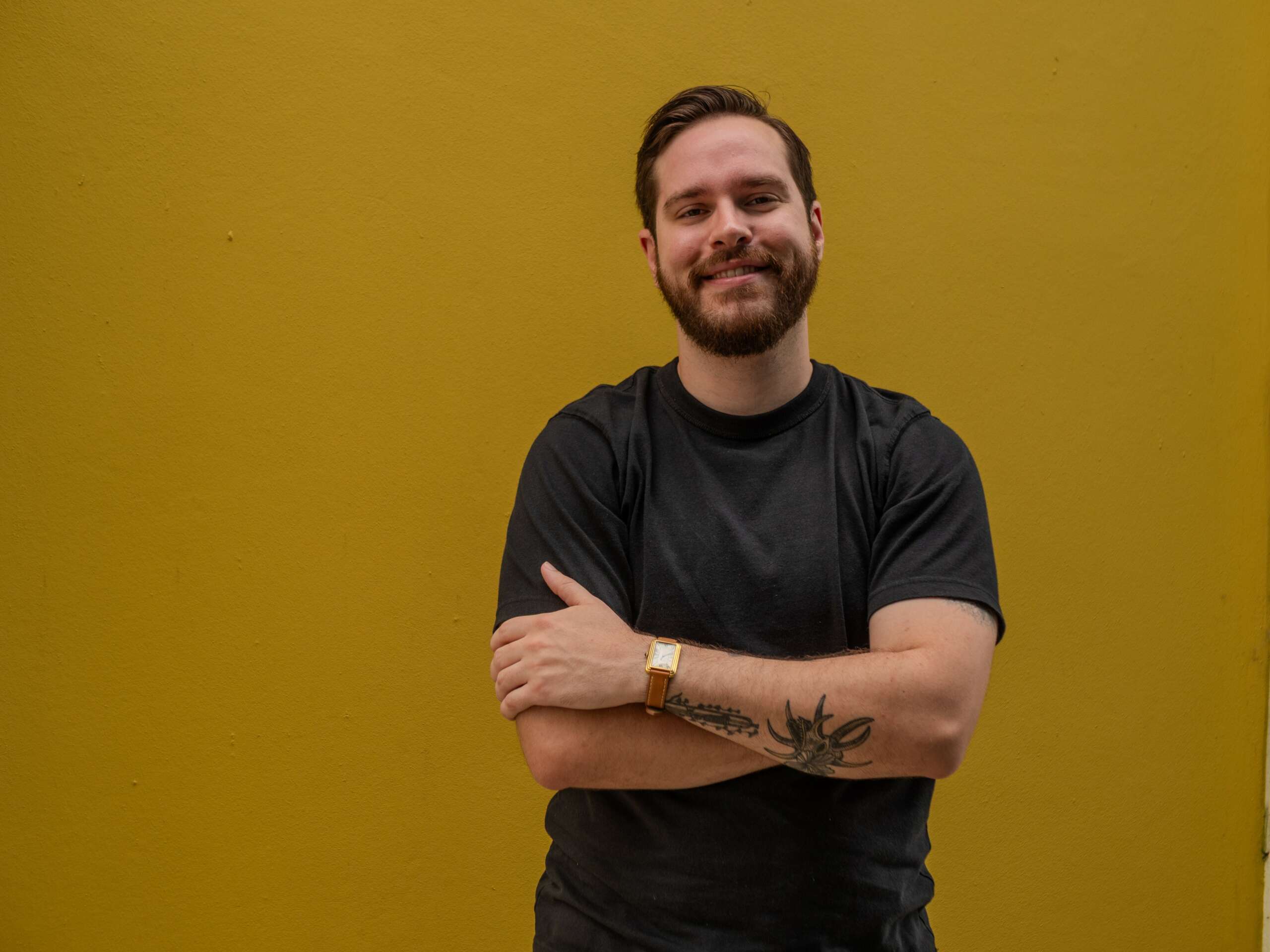We were lucky to catch up with Gabriel Bouche Caro recently and have shared our conversation below.
Gabriel, thanks for taking the time to share your stories with us today Can you talk to us about how you learned to do what you do?
I think that to devote your life to composition you must have a deep passion for music from two perspectives. First you have to love listening to music. You have to have excitement for new sounds, for discovering new colors, techniques, and forms. Music should make you curious and spark a need for creation. Secondly I think you need to have some experience with creation, whether it be singing, playing an instrument, creating music on your computer, that desire to produce sounds that are your own is a necessary to becoming a composer.
In terms of acquiring skills, a lot of the music theory concepts that I learned in my music theory courses in college really help me grasp many of the technical issues involved with composition. But actually writing your own music, getting it performed, and figuring out what you like and what you don’t is the best way to learn composition. Skills like the study of orchestration, harmony and form are essential, but practice as a composer, in finding your own voice, that’s the most essential part of this craft. So I started by writing small works for solo instruments, then smaller ensembles to figure out which sounds I like, which work together, and how to correctly notate them for performers. I also think as a composer one must be well rounded not only focusing on music but learning about all the other arts. In the visual arts, literature, and other artistic ventures we can find inspiration and new ways of tackling problems that arise in our practice. Part of my compositional practice has always been reading prose and poetry, visiting museums, attending concerts and other performance events. Composition is an act of creation and love in which the more life experience you have, the better you become at conveying your message in your unique voice.
Some obstacles that stood in the way of this learning process, As a young composer studying in a program that wasn’t focused on performance I didn’t have many strong performers around me to realize my music so I needed to venture out, meet people and make connections to be able to hear my music being played live. Being in Puerto Rico at this time I was also isolated from the new music scene happening elsewhere. I had some insights but sometimes it was difficult to find really new music, composers that were thriving and working today. What I do can be considered a very niche art and figuring out where to look for tools, inspiration and peers was an essential aspect of my growth as a composer.
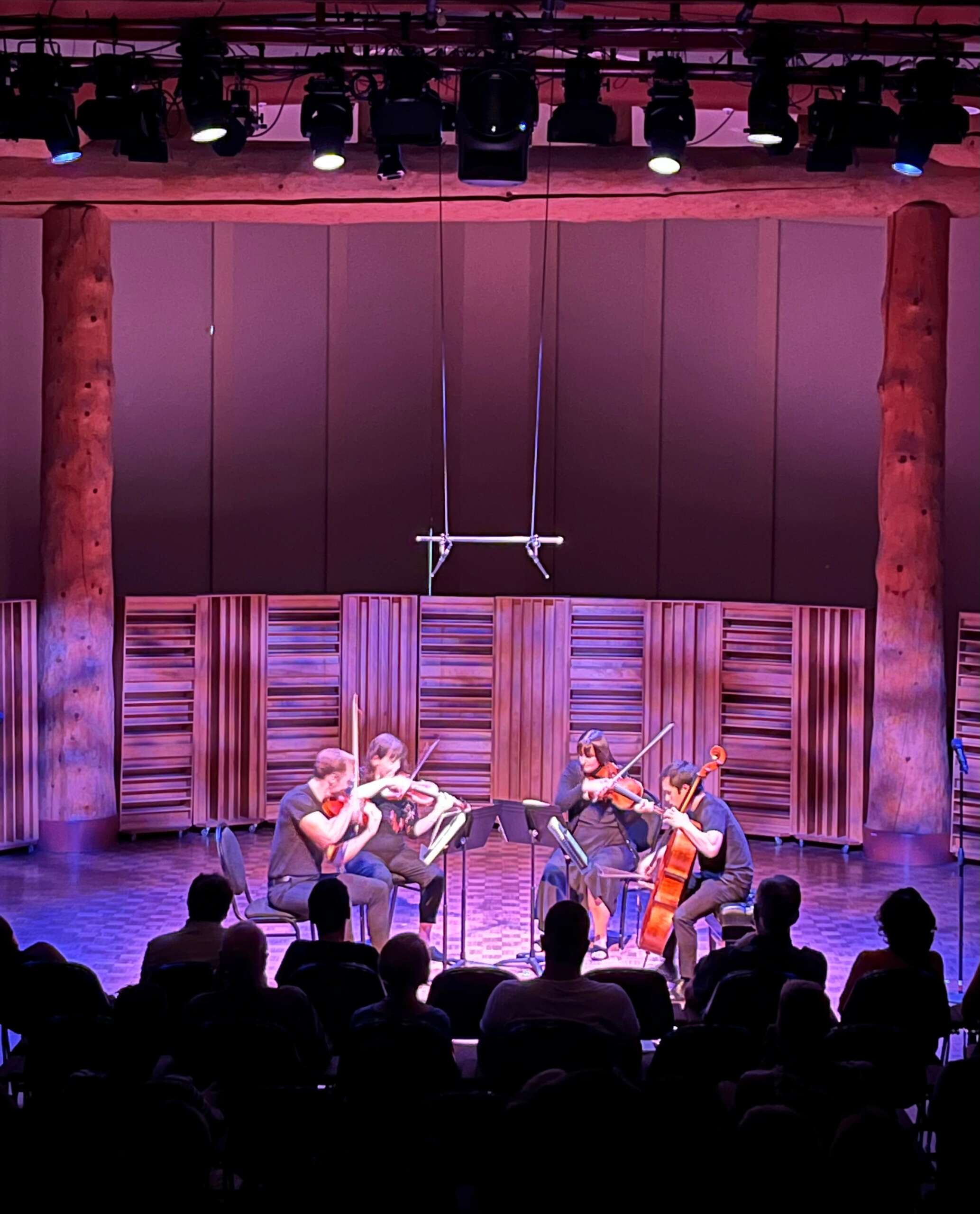
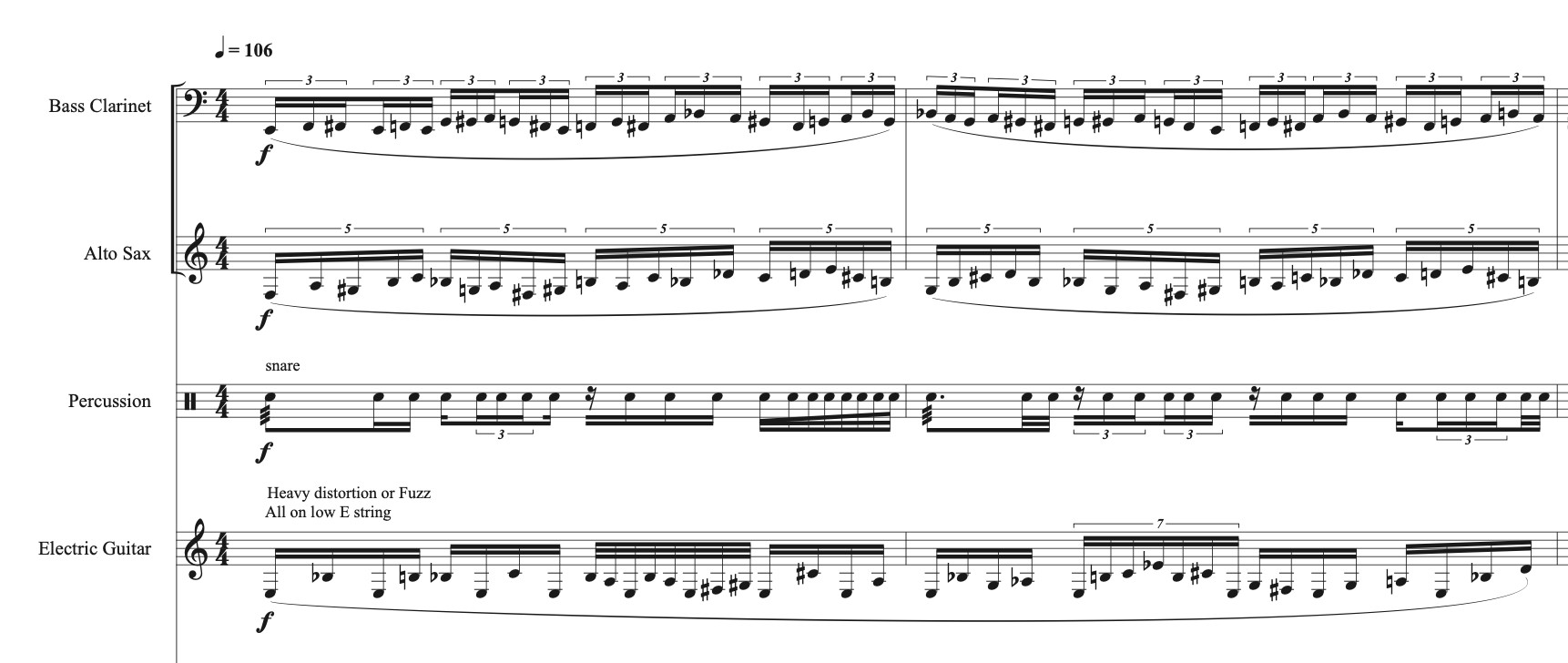
As always, we appreciate you sharing your insights and we’ve got a few more questions for you, but before we get to all of that can you take a minute to introduce yourself and give our readers some of your back background and context?
I’m a composer of contemporary concert music. Initially I wanted to devote y life to performing. In the time that I was mostly performing I began trying to write instrumental songs along with my practice. At some point I decided that some of the elements of being a performer were taking a toll on my mental health so I began to think of what else I could do to stay engaged in the field of music. At this point after cycling through many ideas I took a change and asked one of my harmony professors in college, Carlos Cabrer, to take lessons with him. He kindly agreed and these weekly composition lessons set me on a path that would completely alter how I view music, how I engage with it and the role it has in my life. After this I went on to do a Masters at the Peabody Institute in Baltimore and am now a doctoral candidate at the CUNY Graduate Center.
My music has been performed in North America, South America, the Caribbean, Europe, and Asia. In December 2022 my hour-long Song Cycle Que tus ojos no se cansen de brillar, was premiered at Americas Society in New York. My music has been featured in the Havana Contemporary Music festival, Banff Evolution:Quartet, sound SCAPE, and New Music on the Point festivals. I has been commissioned by Americas Society, Peabody Institute, Baltimore Classical Guitar Society, Canvasounds Collective, and the Massachusetts International Festival of the Arts and my music has been performed by various ensembles and soloists including the JACK Quartet, Treske Quartet, Loadbang, Marina Kifferstein, Carrie Frey, Gleb Kanasevich, Thomas Giles, Aliana de la Guardia, and Evan Runyon. He is the recipient of the CUNY Graduate Center Provost enhancement Fellowship, the Randolph S. Rothschild Award in Composition (Peabody Institute) and the Augusto Rodriguez Prize for musical achievement (University of Puerto Rico).
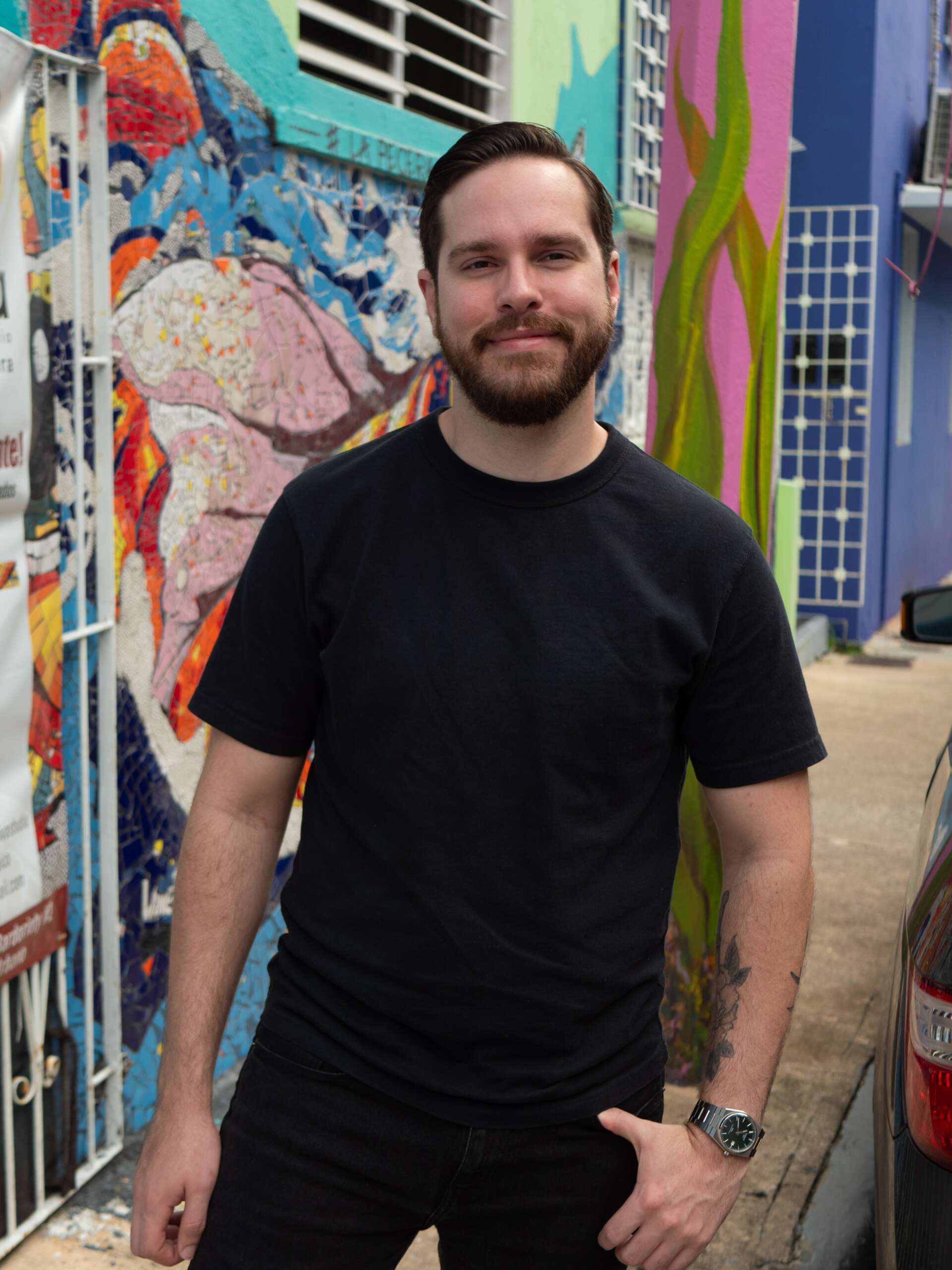
What can society do to ensure an environment that’s helpful to artists and creatives?
I think that society should be less focused on economic success and instead put more emphasis on growth and exploration. It is common to think that a successful artist makes what’s popular and “makes it big” but maybe true success as an artist means creating something unique to you, that represents your voice and your personality. The other thing that I think is essential is that people are able to receive art without judgment. That doesn’t mean not having opinions, rather engaging with any art with an open mind, allowing themselves to think, feel and reflect. Art and music can be uncomfortable, it can make us face and feel emotions and thought that we didn’t now were in us and that opens new windows into how we see ourselves and the world around us. Some art is meant for entertain and distract, and it’s important and valued, but art that is meant for the exploration of the self, creation and discovery should be regarded with the same esteem.
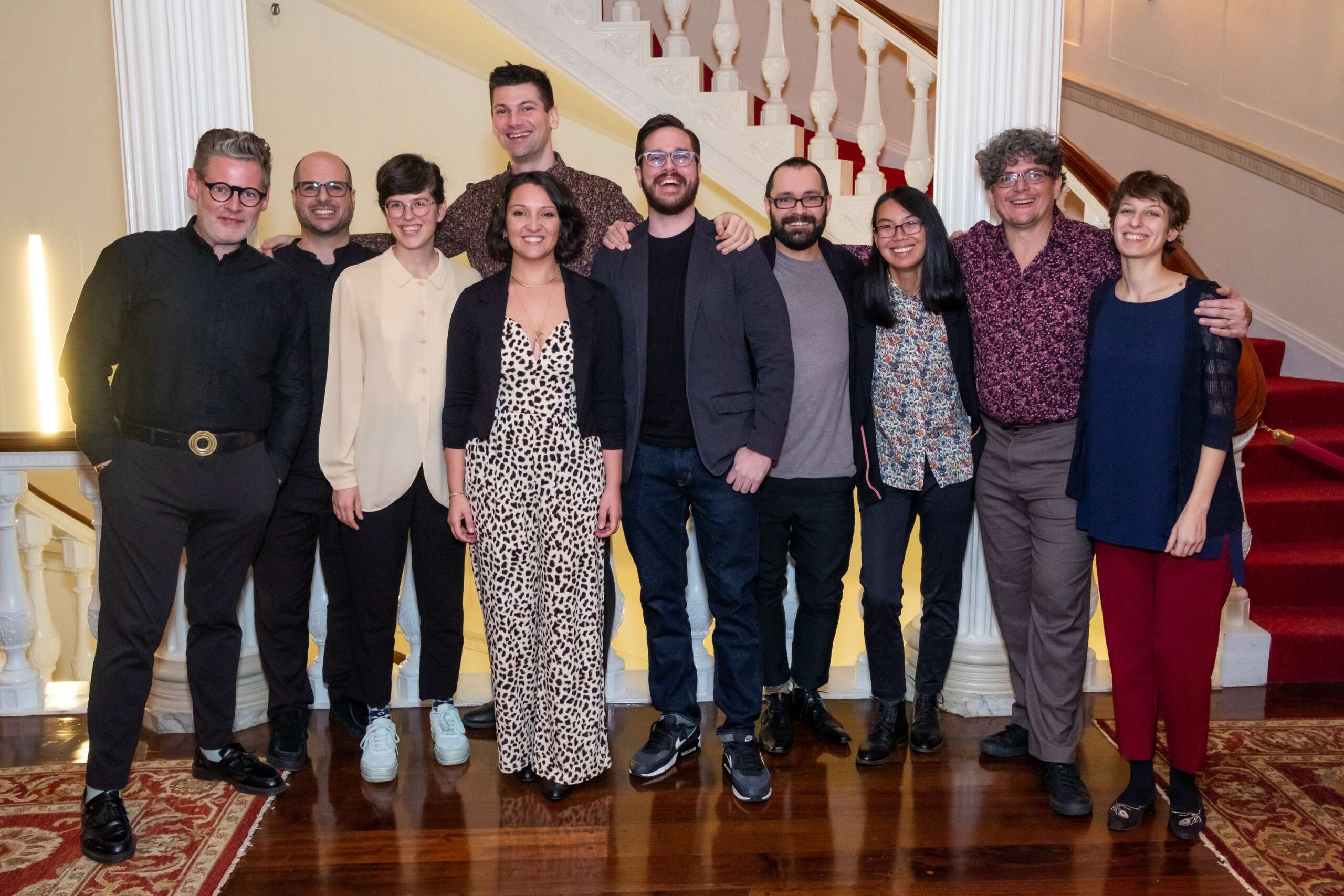
Learning and unlearning are both critical parts of growth – can you share a story of a time when you had to unlearn a lesson?
In the world of contemporary concert music, especially in the last century there was this immense value placed on innovation. When I first began my journey as a composer I valued this more than anything and I wanted to avoid what was “common” and “traditional” as much as I could. It is true that there’s great value in innovation, but I came to an understanding that to me innovation didn’t mean rejecting what was familiar but rather reframing the familiar and create engagement with the new, the undiscovered. I think that only when we become self aware, and engaged with our tastes, and motivations can we truly become good artists. Innovation will happen naturally because when we develop our message and voice it will surely be unique, just as we are.
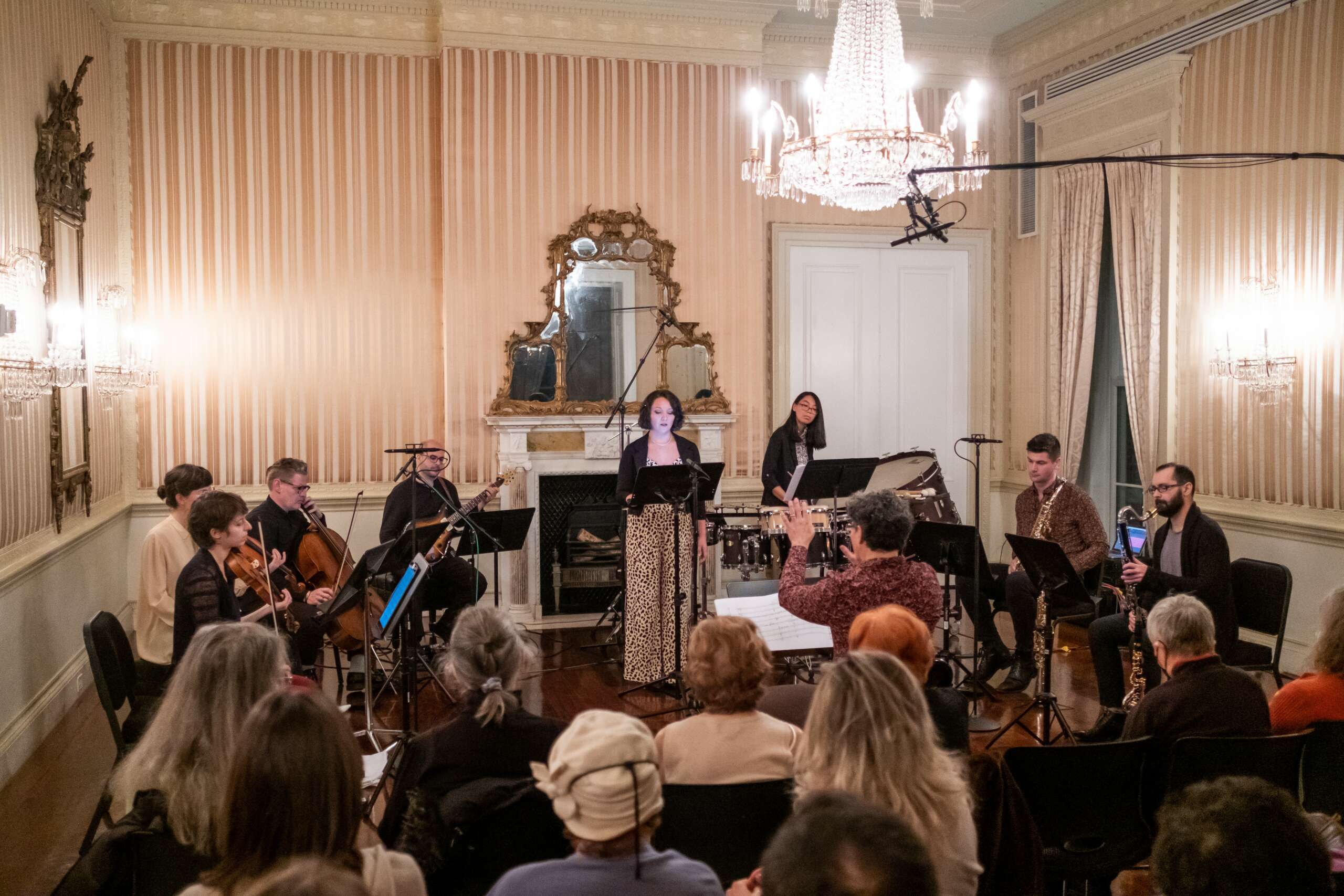
Contact Info:
- Youtube: https://www.youtube.com/@bouchecaro
Image Credits
Ramon Torres Santa Americas Society


